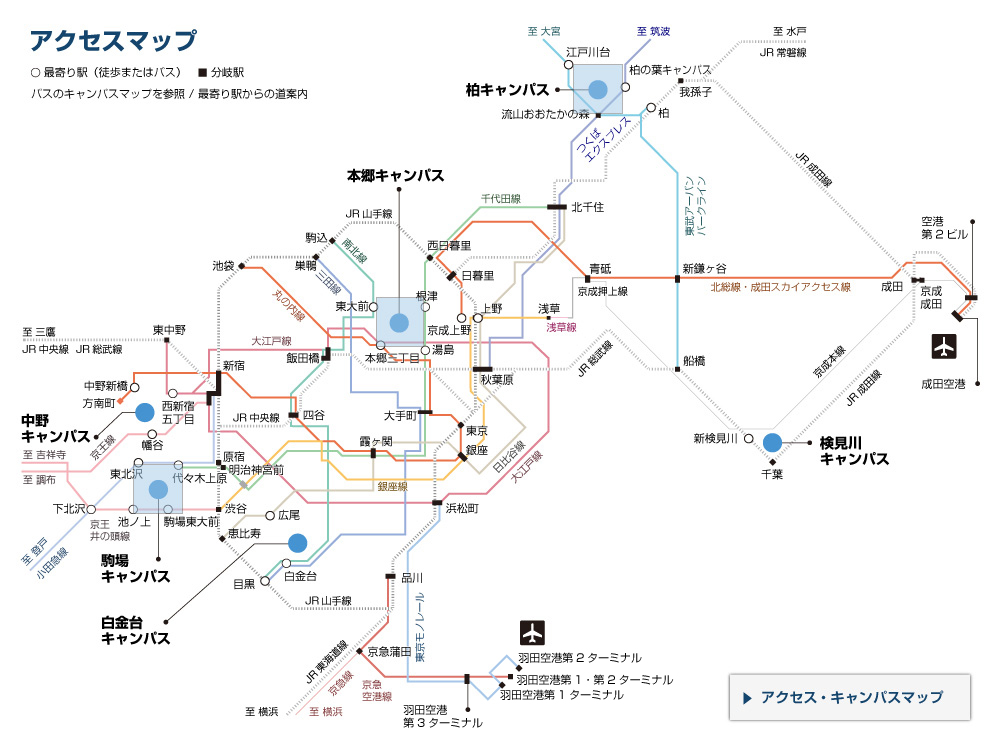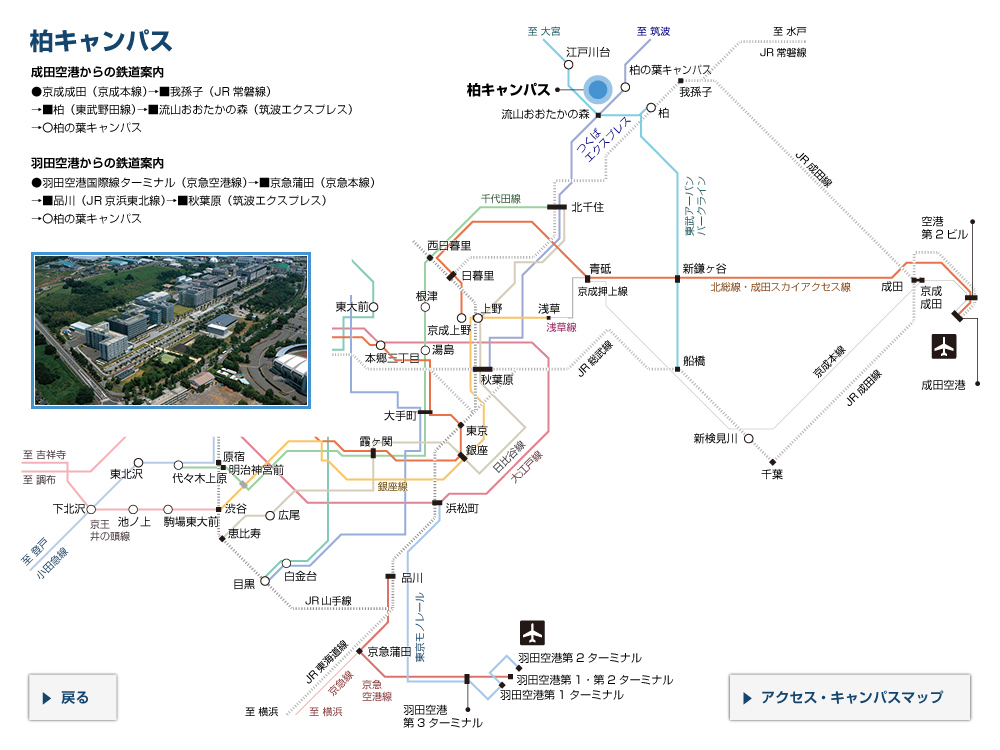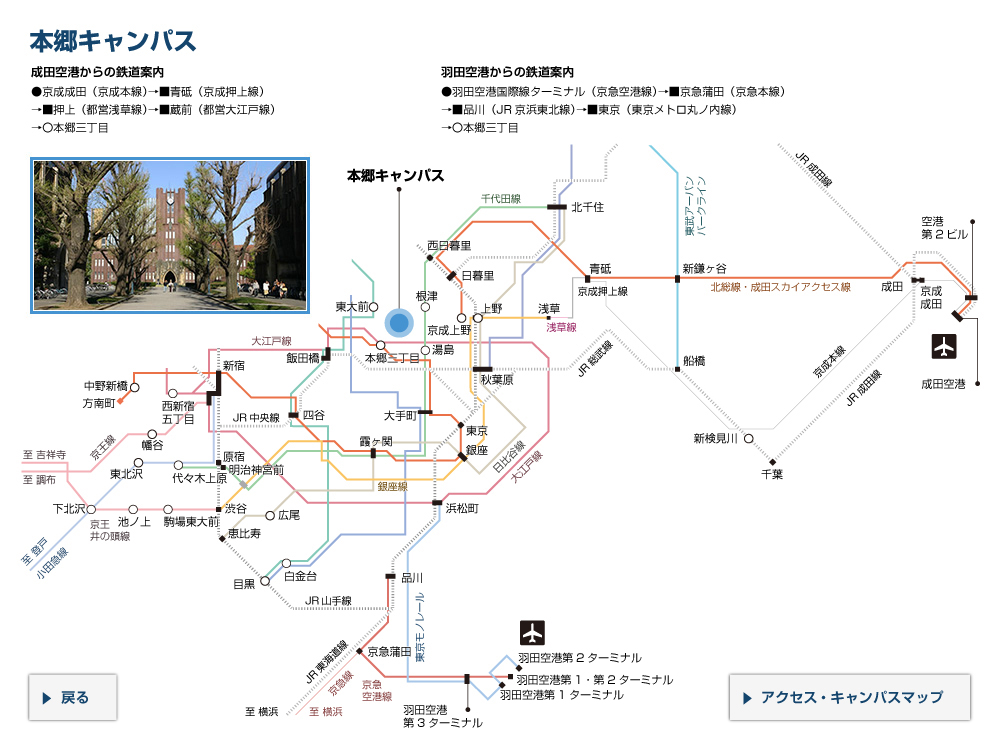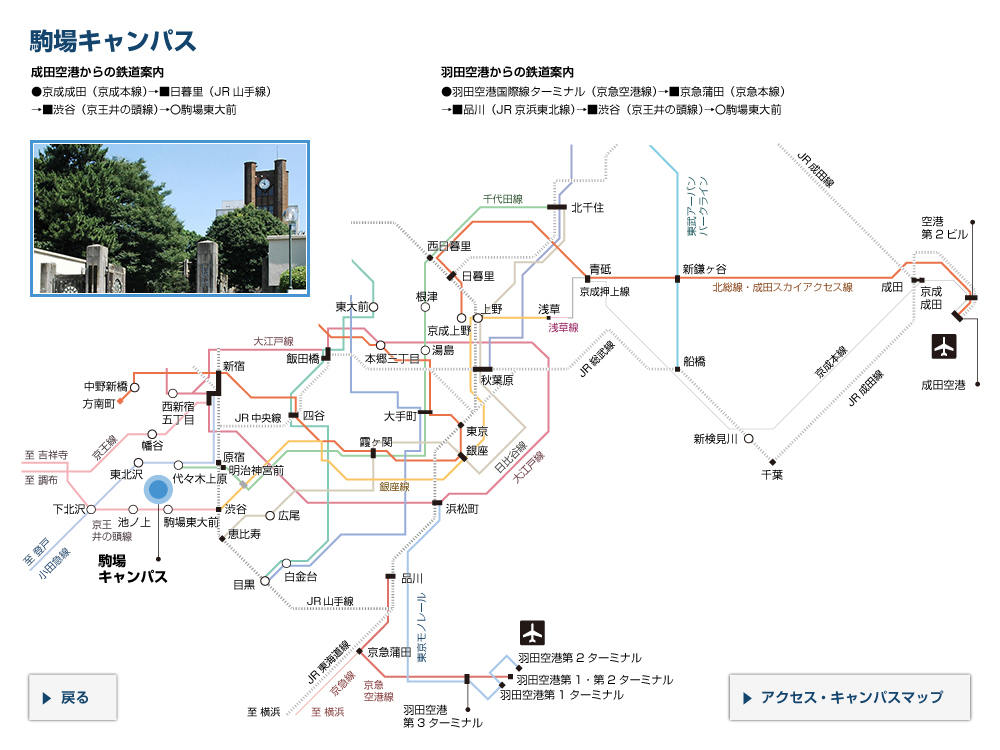令和6年度東京大学大学院入学式 祝辞(ニューヨーク・カーネギー財団 理事長 Louise Richardson 様)
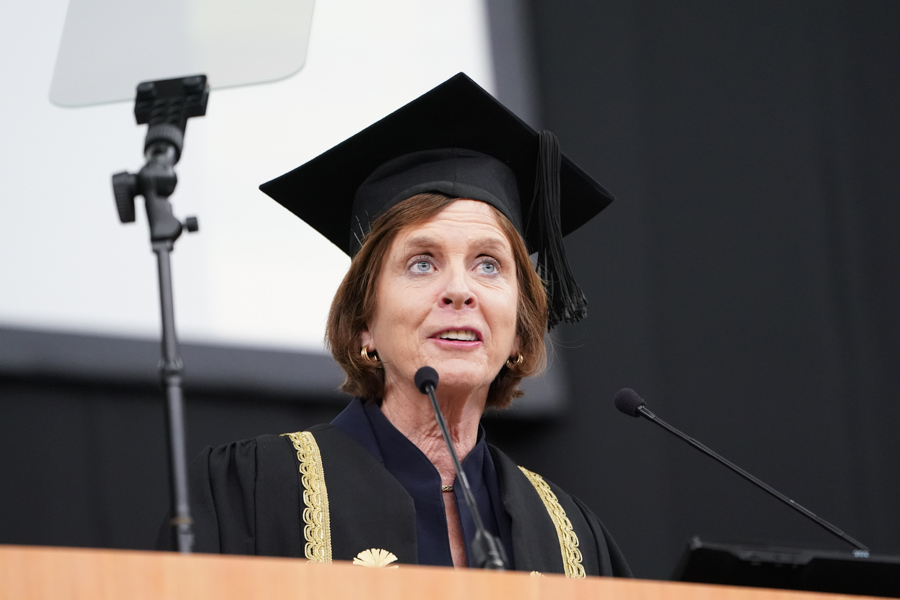

令和6年度東京大学大学院入学式 祝辞
President Fujii, Vice Presidents and Deans, thank you for inviting me to the University of Tokyo today.
I am both delighted and honored to have this opportunity to offer my congratulations to the incoming class of graduate students at one of the most distinguished and prestigious universities in the world.
To be admitted as a student to the University of Tokyo is a great achievement. It is a testament to your intellect, your hard work, and your dedication to your field of study. It is also a statement of commitment to the power of education to transform lives.
I very much hope that you enjoy the matriculation celebrations today and sharing the celebrations with your families and friends. This is a big day for you, but it is a big day for them too. I hope that you will pause for a moment and reflect on what this day means for your family and friends, and that you will draw them into your celebrations. The ability to empathize is a critical life skill. It is a hallmark of a vibrant democracy and a civilized society. It is one of the first casualties of warfare. It is not easy to teach. It requires practice. I hope you will get some practice today by seeing this celebration through the eyes of your families and supporters and sharing it with them.
This is my first visit to the University of Tokyo but I immediately feel at home here. I have spent my life at universities. At the age of 17 I left my home in rural Ireland to attend university in Dublin. I have remained at universities until a year ago, when I concluded my term as Vice-Chancellor of the University of Oxford and become president of Carnegie Corporation, a New York based Foundation. I have studied and taught at universities in Ireland, England, Scotland and the United States and visited and lectured at universities across the globe.
All these universities are united by a shared commitment to the advancement of knowledge though research at the cutting edge as well as educating the next generation of citizens and scholars.
The University of Tokyo is almost 150 years old and was founded by amalgamating earlier educational institutions. The university of Oxford has been in existence for about 900 years. Universities, therefore, are older than most organizations, businesses, governments, and many countries.
I often wonder what the first graduates would think if they were to return to campus today. They would be shocked by the comfort of our lives, by the clothes, the girls, the cars, the electricity but the basic model would be very familiar to them. Scholars congregating to work together and students travelling to learn from them.
I believe that universities have lasted as long as they have because of the enduring value of what they do. Universities are the engines of the economy, they are guardians of our culture, drivers of social mobility, foundations of our democracy, and above all, they are generators of new ideas. These roles are as important today as they have ever been.
John Stewart Mill, the Rector of the University of St Andrews, where I was Vice-Chancellor, said in a speech at the university in 1867: “A university exists for the purpose of laying open to each succeeding generation the accumulated treasure of the thoughts of mankind.”
You are deeply privileged to have been admitted to this great university, a privilege I know that you have earned. I hope that you will make the very most of your time at graduate school. Your teachers will ensure that you receive the best possible training in your chosen field, but you are responsible for ensuring that you get the best possible education. Because education is so much more than training, it requires that you engage fully with all the wonderful people and opportunities around you.
The word “university” is derived from the Latin word for “all” and it means bringing together all people and ideas. You can learn from all of them, especially your talented classmates. In the course of your time in graduate school you will undoubtedly encounter people from very different backgrounds and with very different ideas. Engage with them, try to understand where their ideas come from, and understand why you disagree with them. Try to change their mind through civil argument but be open to changing your own mind too. Above all, try to adhere to the Augustinian precept “Audi Alteram partem” Listen to the other side. This is how you can steward your own education.
Being a graduate student at the University of Tokyo comes with a heavy weight of expectations. It is not always easy. I don’t underestimate the challenge of bearing the load of ambition, some of which is others’ expectation of you, and some of which is your own expectation of yourselves.
As you embark on this next stage of your academic journey it is worth asking yourself why and for whom? Are you driven by a desire to cure cancer or rare disease? To solve the riddle of the cosmos? To develop a green energy alternative? To understand the evolution of warfare or to write an epic poem? Are you getting an advanced degree because your parents want you to, or because a sibling got one? Or is it because you want a high salary and status or because it was the expected next step for smart people like you?
Dr Jonas Salk the pioneer of the polio vaccine argued in 1977 that the most important question we can ask ourselves is: “Are we being good ancestors?” That question has become even more urgent in the years since. Are we providing a good basis for the lives that follow ours, rather than focusing narrowly on success as a personal prize in today’s competition?
I encourage you to think beyond the narrow conception of status and salary, about what kinds of objective and achievement are most lasting, most satisfying and most powerful in what they create and enable for others. To put it another way, I encourage you to think of your onward route less as climbing a career ladder and more as making your way on stepping-stones in a flowing stream, whose current shifts with time and weather. You can allow yourself sometime to take a step back, or sideways. You can allow yourself times of stillness. Your talents and this opportunity should be a gift, not a burden.
The word “success’ in English used to have a variety of meanings. It could refer to what “succeeded you”, your children, for example, but also the consequences (good or bad) of events you precipitated. In that sense of the word, your “success” is something you may never fully know or experience in your lifetime. It is the tree you plant that you will not live to see, but in whose shade others will rest. That’s a concept of success that I think we could usefully reclaim.
You are entering graduate school at a time when the world around you is under severe stress. Humanitarian catastrophes abound, the consequence of warfare in Europe, the Middle East and Africa. Relations between the major powers are tense. The climate crisis will, in all likelihood, see mass migration in coming years as well as an urgent need for rapid adaptation to preserve existing habitats, combat extreme weather and feed hungry population with reduced land area. We have already faced one pandemic and know that global travel and increasing temperatures increase the likelihood of more public health emergencies. Social inequities and injustices are only likely to increase as the global pressure on limited resources mounts.
My generation, and your ancestors, have not bequeathed you an easy task. But I have always said that universities are the last bastion of the optimist. We now look to you to take advantage of the opportunities accorded you to acquire the best education you can so that you can go out and make the world a better place.
Thank you for your attention.
令和6年4月12日
ニューヨーク・カーネギー財団 理事長
Louise Richardson
関連リンク
- カテゴリナビ




